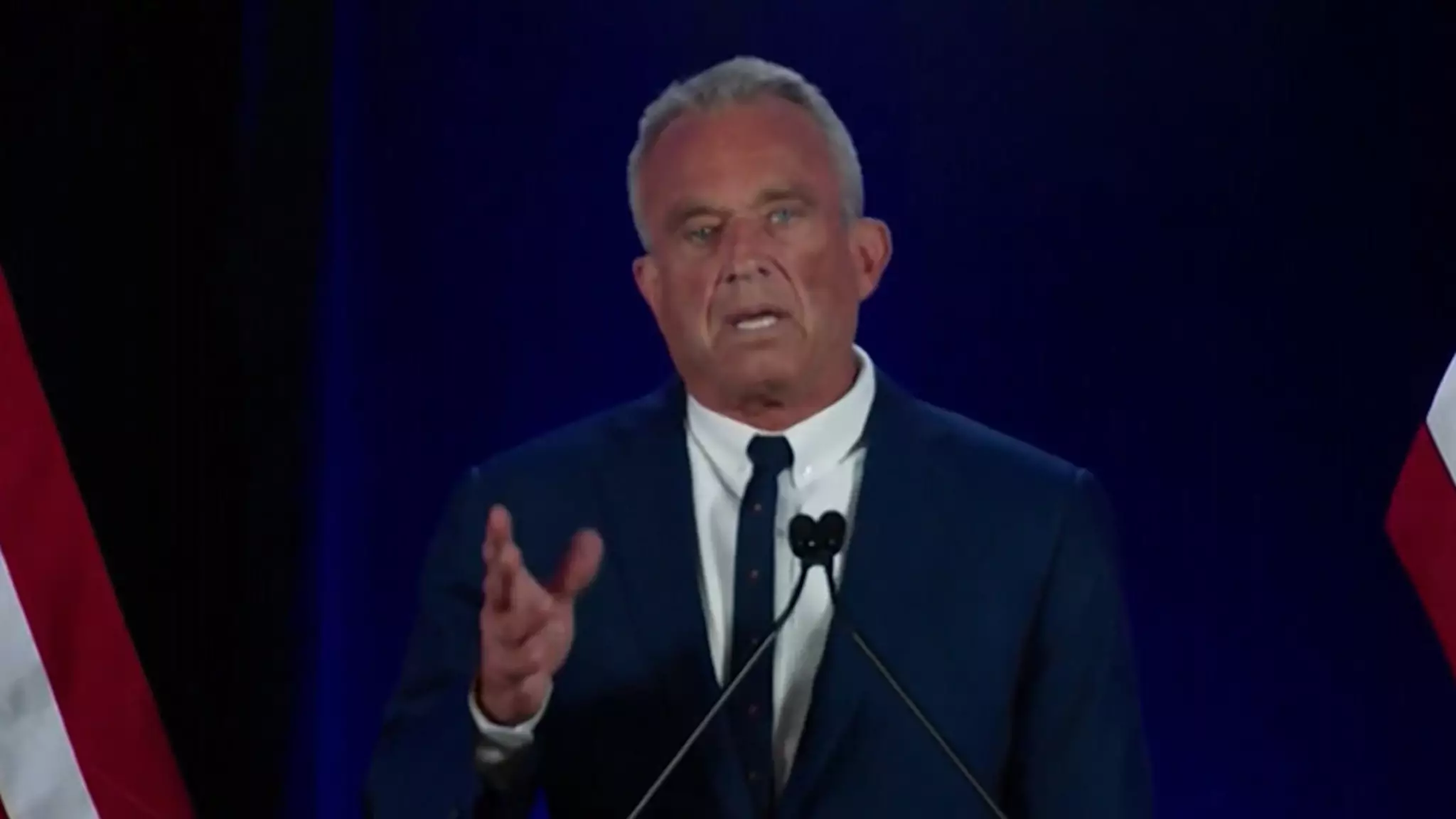Robert F. Kennedy Jr.’s third-party campaign has faced significant challenges in certifying the required signatures to appear on state ballots. While he did qualify for 23 state ballots, legal challenges in other states have hindered his progress. This struggle to secure a place on the ballots reflects poorly on the organization and efficiency of his campaign. It raises questions about the level of planning and preparation that went into his candidacy.
Moreover, RFK Jr.’s failed attempt to appear on the debate stage in June with Republican nominee Donald Trump and President Joe Biden highlights a missed opportunity for him to present his ideas and engage in meaningful discussions with the other candidates. The inability to participate in the debate demonstrates a lack of visibility and engagement with the electorate, which is crucial for a presidential candidate.
Controversies and Image Concerns
The revelation that RFK Jr. was behind an infamous NYC prank involving a dead bear cub in 2014 raises serious concerns about his judgment and character. The image of him with his finger in the dead bear’s mouth is not only disturbing but also damaging to his public image. It calls into question his respect for life and morality, which are essential qualities for a presidential candidate.
Additionally, RFK Jr.’s admission that a parasitic worm had eaten part of his brain, resulting in “brain fog,” raises concerns about his physical and mental health. In a high-pressure role like the presidency, the ability to make sound decisions and think clearly is paramount. The fact that his health issues impacted his cognitive abilities further erodes confidence in his candidacy.
Support for Donald Trump
The announcement that RFK Jr. is suspending his campaign and throwing his support behind Donald Trump is a surprising turn of events. It raises questions about the sincerity and consistency of his political beliefs. The decision to endorse a candidate from a different party, especially one with views that may not align with his own, undermines his credibility and commitment to his principles.
Furthermore, by endorsing Trump, RFK Jr. is effectively conceding defeat and relinquishing his aspirations for the presidency. This abrupt change in direction suggests a lack of conviction and determination in pursuing his political goals. It also calls into question the authenticity of his campaign and the sincerity of his intentions to bring about change.
Robert F. Kennedy Jr.’s decision to suspend his campaign and endorse Donald Trump reflects a series of missteps and questionable choices throughout his presidential bid. From struggles with ballot certifications and debates to controversies surrounding his image and health, RFK Jr.’s campaign has been plagued by challenges and setbacks. His decision to align himself with a candidate from a different party further raises doubts about his political convictions and commitment to his cause. Overall, the flaws and shortcomings in his campaign highlight the importance of careful planning, ethical conduct, and consistency in pursuing political aspirations.

